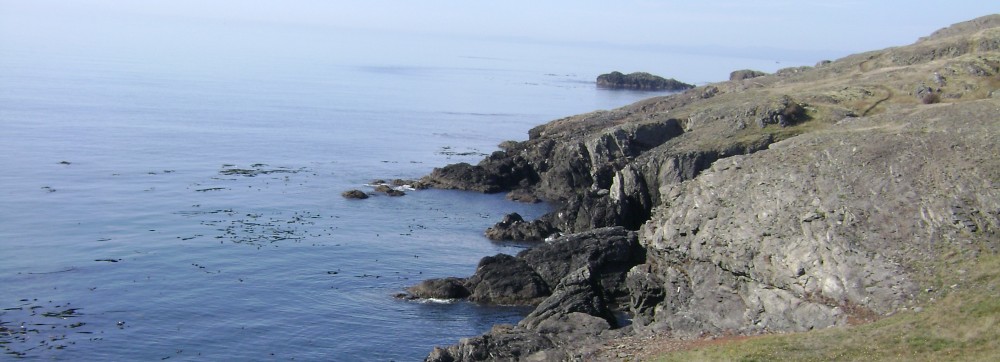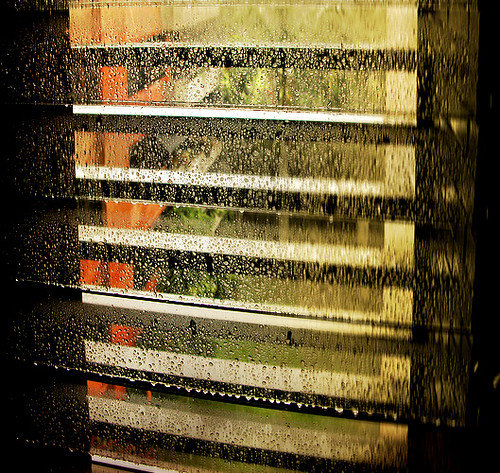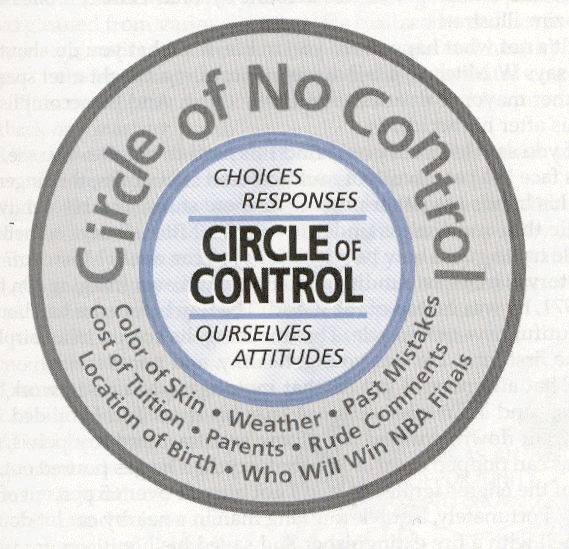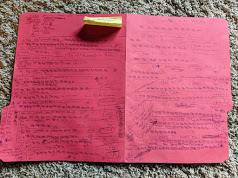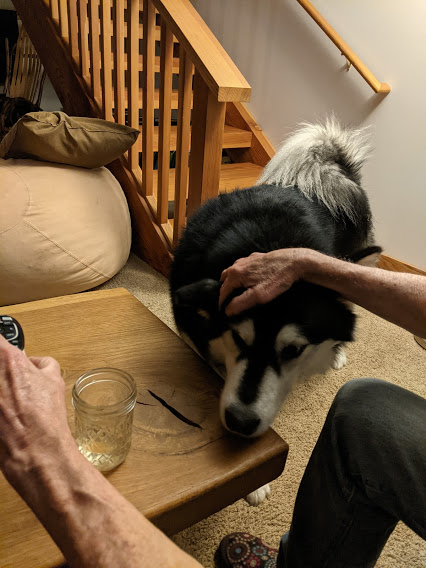Excatly two weeks and one day after THIS…

…I was scheduled to testify at a hearing on a bill in the legislature of my state, The Other Washington.
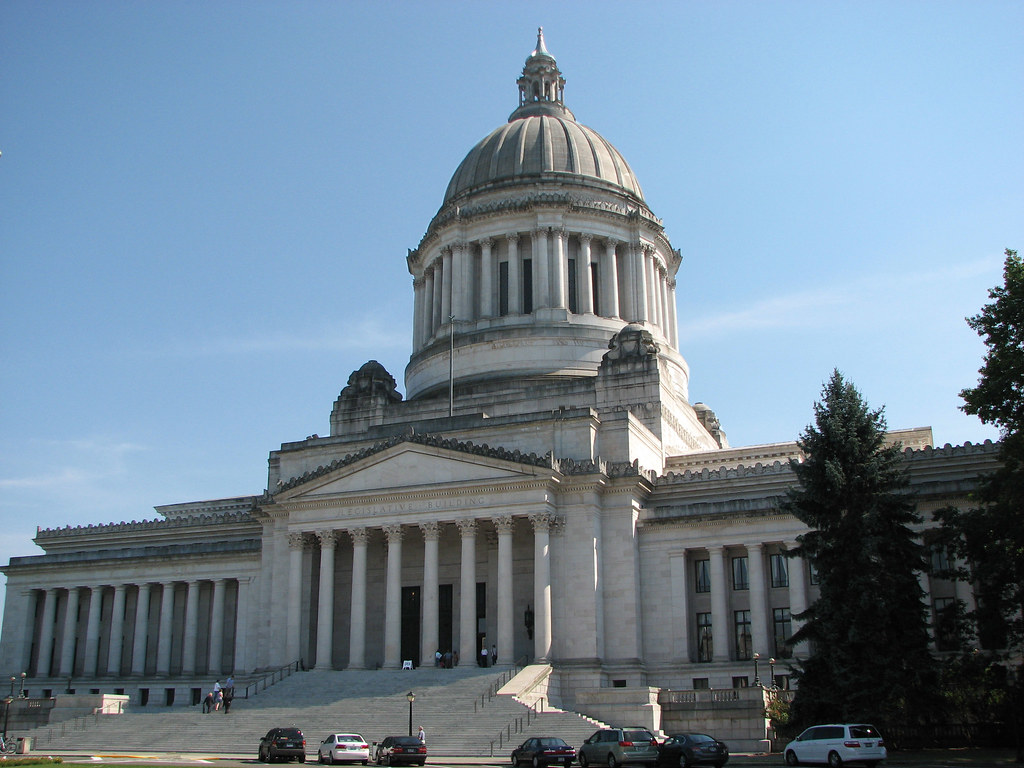
Of course, what with COVID, the hearing wasn’t in Olympia, but on Zoom, along with gazillion other meetings. (Just curious: what do we do when Zoom fills up? A good koan for medition.)
The bill in question was HB 1090, which aims to ban all for-profit, privately-run prisons in Washington State by 2025. Having been involved for a couple of years in the campaign to close the Northwest Detention Center in Tacoma–packed to an inhuman degree with detained immigrants–I had signed up to give my two cents’ worth on why for-profit prisons are a terrible idea.
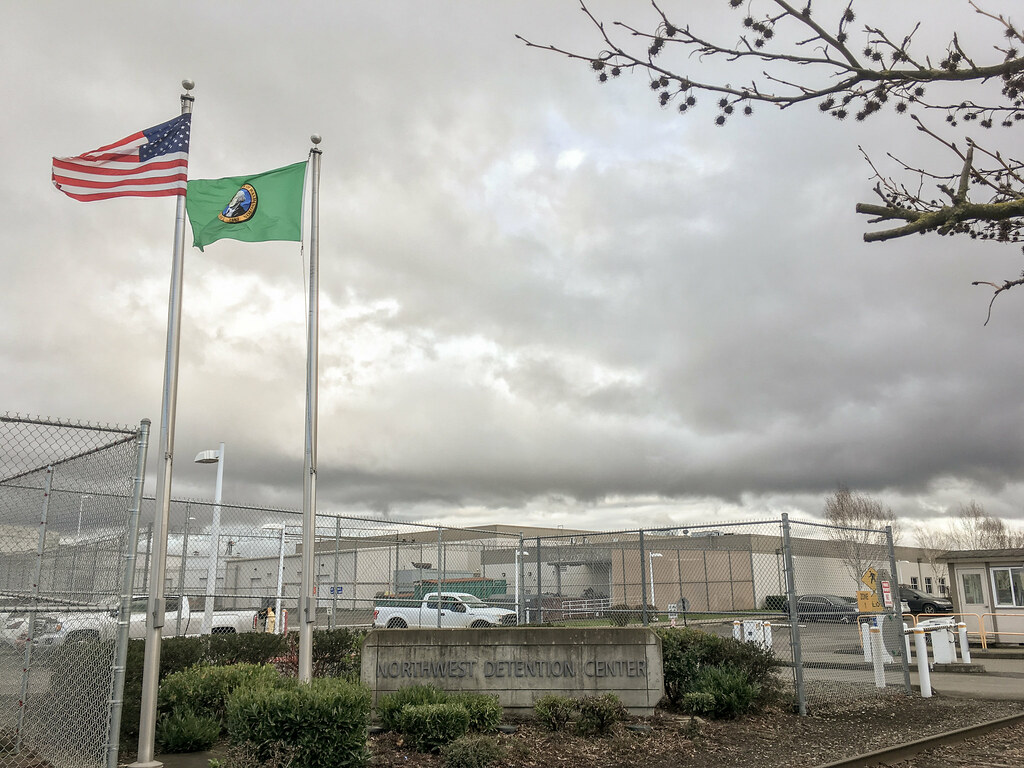
When I Zoomed in at 1:30, House Public Safety Committee Chair Roger Goodman was announcing the lineup for the 2-hour session. It sounded ambitious. First up: amendments on two different bills: one restricting police car chases, one banning no-knock warrants. Then came public comment on two other bills: one refining the definition of hate crime, the other allowing survivors of sexual assault improved access to the progress of their cases and better overall care. Finally, at the end: “my” bill, 1090.
Oooookay, I thought. Maybe I’ll go make a cup of tea and check back in an hour.
But before I wandered away, something caught my attention. The same something that has probably caught all of America’s attention beginning this past Wednesday, Inauguration Day. That something was…civility.
A minority Republican on the committee–a beefy White guy in a Statue of Liberty necktie–was making an argument about an amendment on the car-chase bill. Talking about the Democratic sponsor of the bill, I heard him say, “…though I love and respect him as a person…” Then the Democratic Chair was allaying the Republican’s fears. And then they thanked each other.
Wait. Wait. No snark, no snarling? I barely recognize this tone…like a Golden Oldie playing softly in the background. Mesmerizing.
So I stayed right where I was. I watched that same burly Republican Representative have another of his amendments voted down–he wanted to allow the police broader scope to continue with no-knock warrants (like the one that killed Breonna Taylor in 2020). Still: no rancor, no posturing. Just–“just!”–courtesy.
I watched prosecutors and brave victims of hate crimes testify in favor of HB 1071, which refines the definition of a hate crime to reflect the reality of what people are facing. I watched legislators from both parties thank the participants with zero grandstanding or finger-pointing.
I watched the Republican and Democratic co-sponsors of the Sexual Assault Rights Bill (HB 1109–described as a model for the nation!) sing each other’s praises for the hard road they’ve traveled together since, apparently, 2015. I watched Rep. Burly Republican tear up as he articulated his concerns about sexual assault victims.
They’re all so respectful! So pleasant! I wanted to run into that Zoom room and hug the entire committee.
By the time they got to the private prisons bill, of course, they were out of time. Only a couple of the dozens of folks signed up to speak got to do so.
Did I mind? Not one bit. That two hours of civil civic discourse was as encouraging as a COVID shot. I felt unexpectedly innoculated against political cynicism.
“Well, sure,” my Mate said when I told him about it, “that’s Washington State for you.” I think he meant, y’know, we’re practically Canadians. But no: our governor’s mansion was also attacked on January 6. We’re every bit as vulnerable to the political virus as any other state.
So…feeling pessimistic about political polarization? Depressed at the divide? Take two of these and call me in the morning–“these” being a couple of the most rivetingly boring hours ever, listening to politicians act like grownups together.
